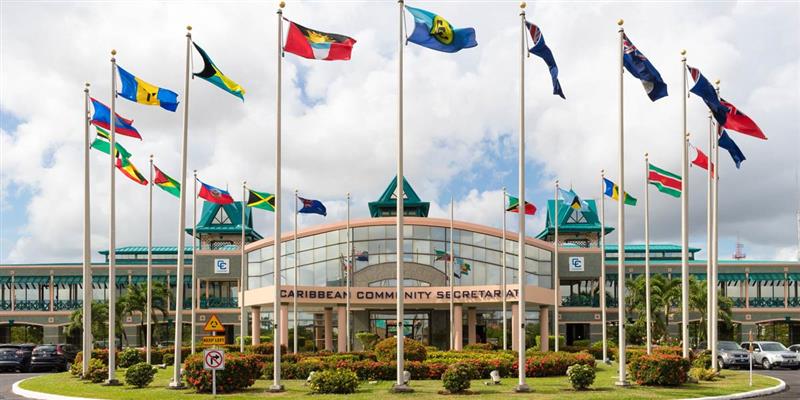The IMF has issued a press release following approval of a three year USD 1.5 billion extended arrangement under the Extended Fund Facility (EFF) with Sri Lanka to support the economic reform agenda. The IMF has also concluded consultations with Sri Lanka under Article IV of the IMF’s articles of agreement.
Real GDP growth in Sri Lanka in 2015 was 4.8%, generally unchanged from 2014, based on growth in services, especially tourism; growth in agriculture; and a positive but declining contribution from manufacturing. Government revenue increased by 1.5% in 2015 to 13.1% of GDP but this mainly reflected one-off measures and tax collections from a temporary surge in vehicle imports. Investor sentiment has worsened due to global market volatility and concern about domestic policies.
Reform program
The reform program targets a return to fiscal consolidation and a reduction in the fiscal deficit to 3.5% by 2020. The key objectives of the program are implementing a structural increase in revenues; reversing the decline in central bank foreign exchange reserves; reducing public debt relative to GDP and enhancing public financial management. The program involves rebuilding tax revenues through comprehensive reform of tax policy and administration combined with control over expenditure and putting state enterprise operations on a more commercial basis.
The IMF considers that medium term growth prospects should be supported by a greater role for market forces and a shift to outward orientation. The economic program supports the government’s aim to increase competitiveness and achieve greater integration with regional and global markets by comprehensive trade reform and an improved investment environment. The IMF considers that implementation of the reforms should enable Sri Lanka to attract investment, improve medium term growth and reduce fiscal risks.












